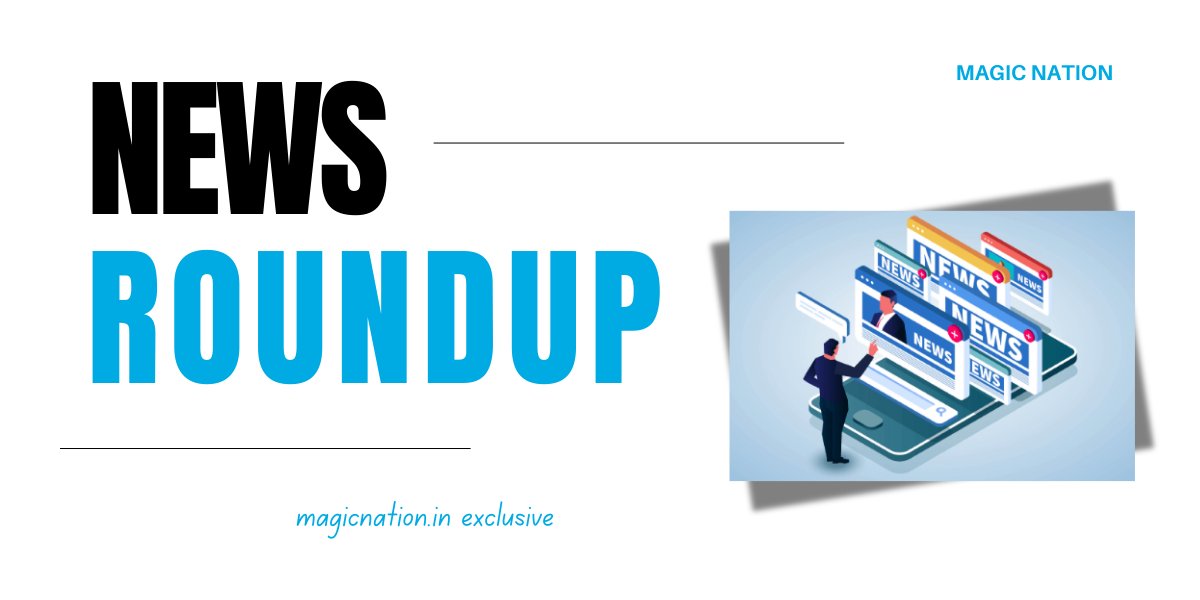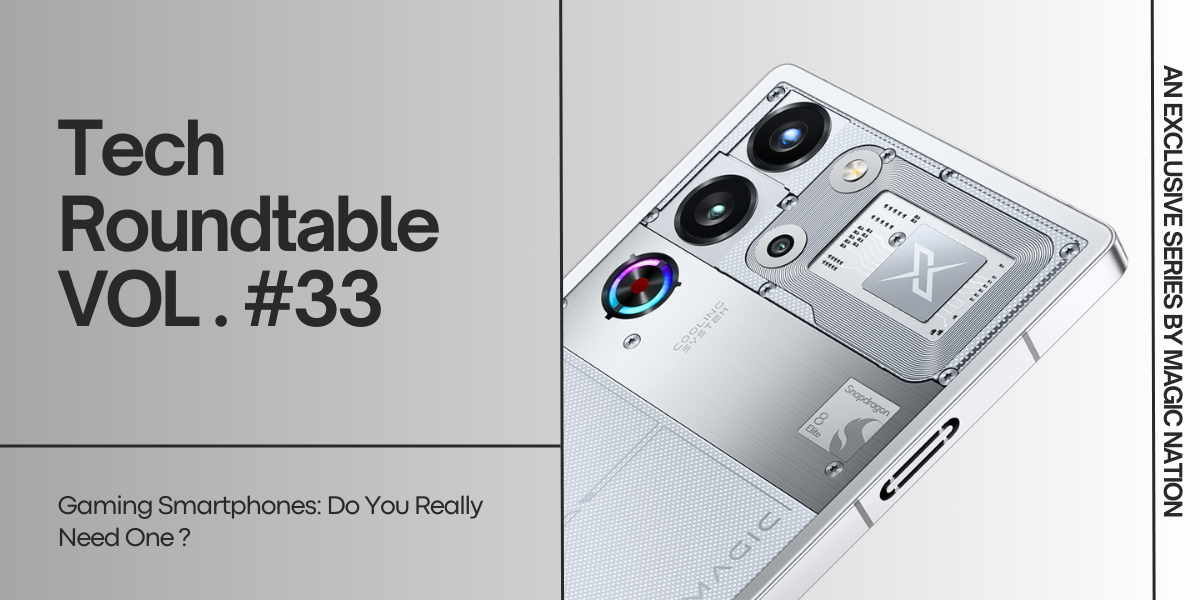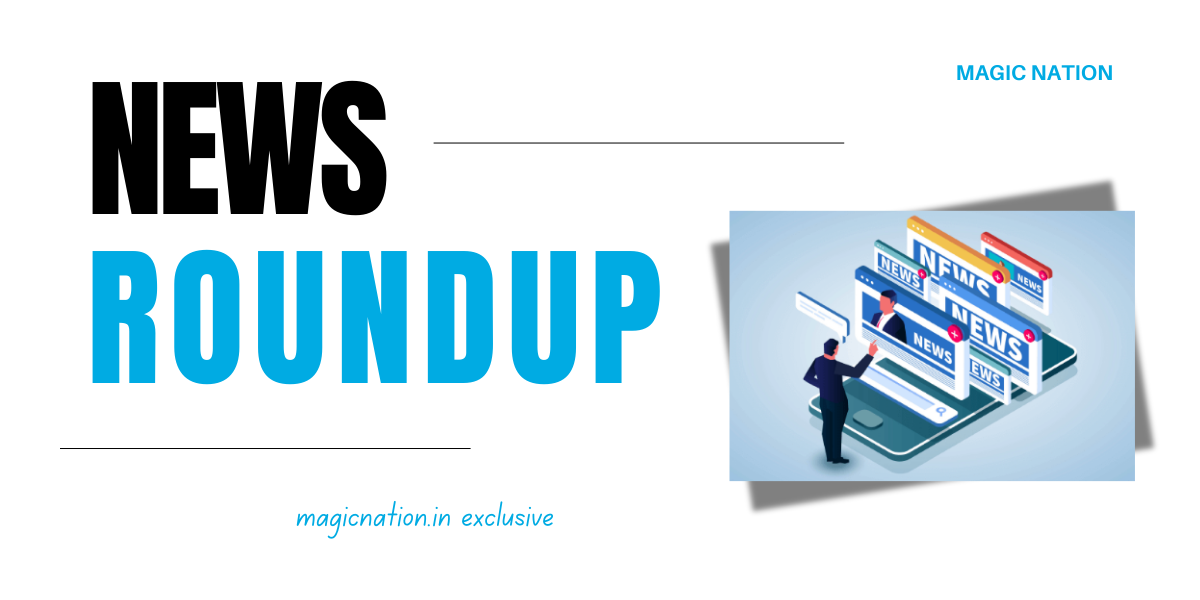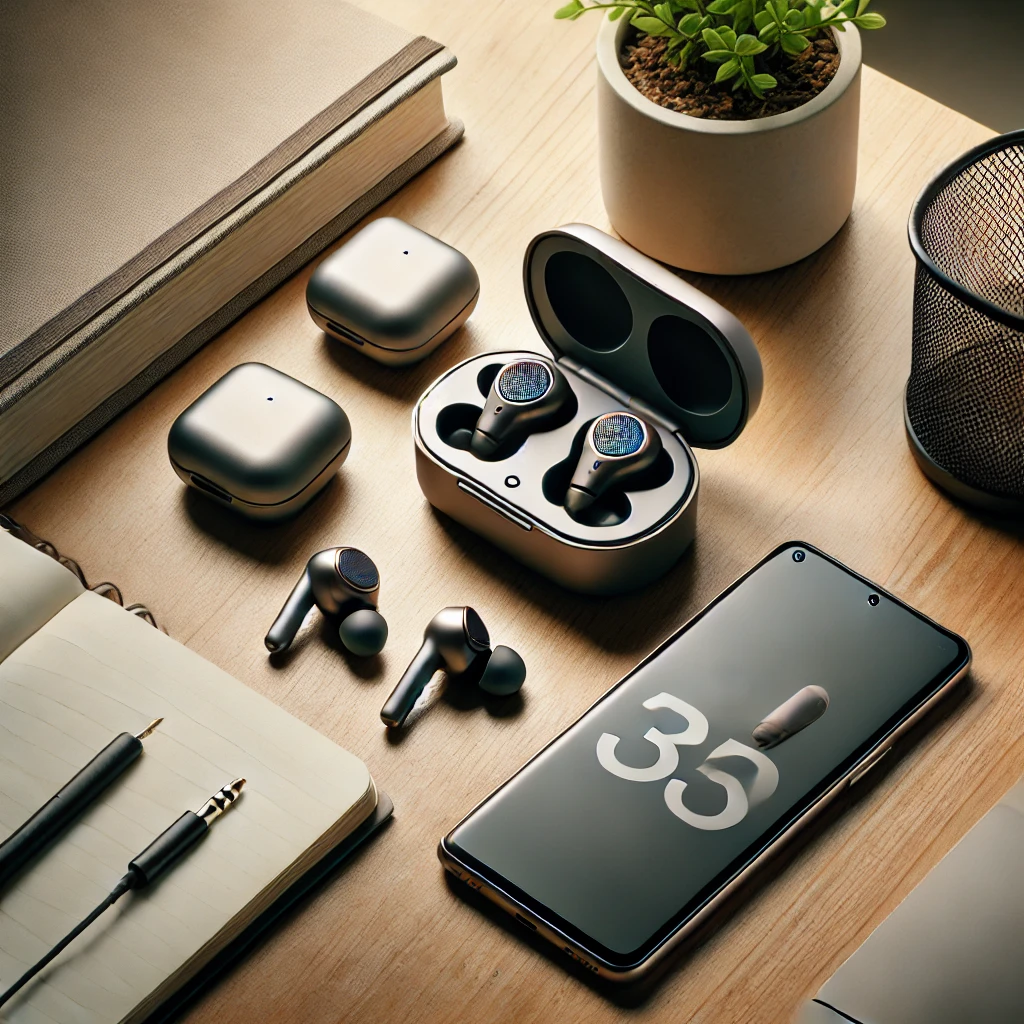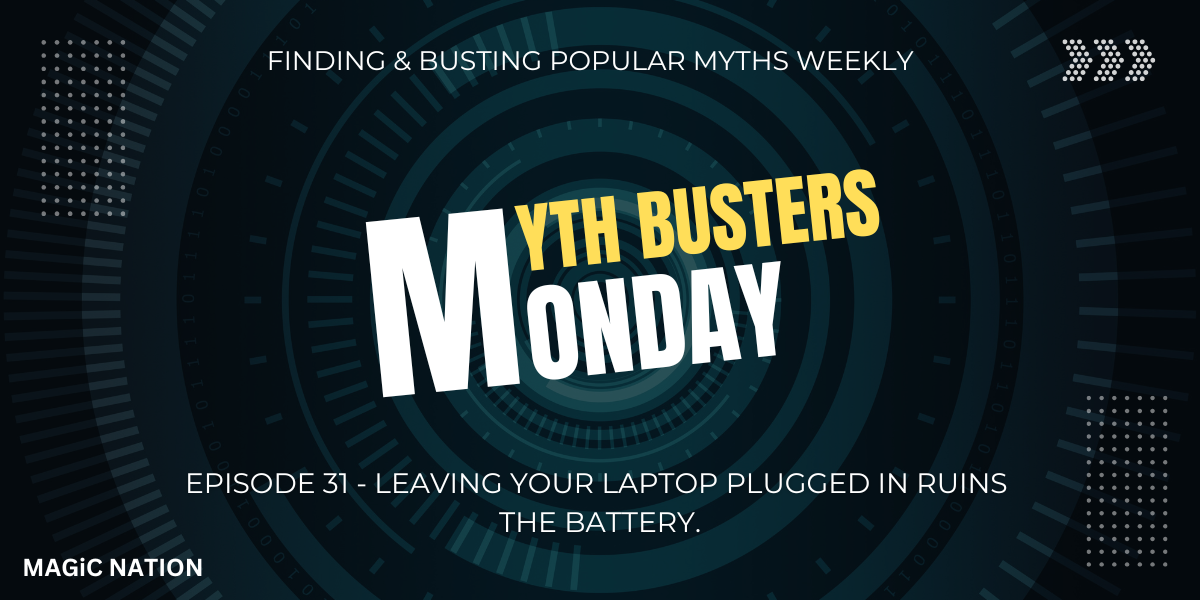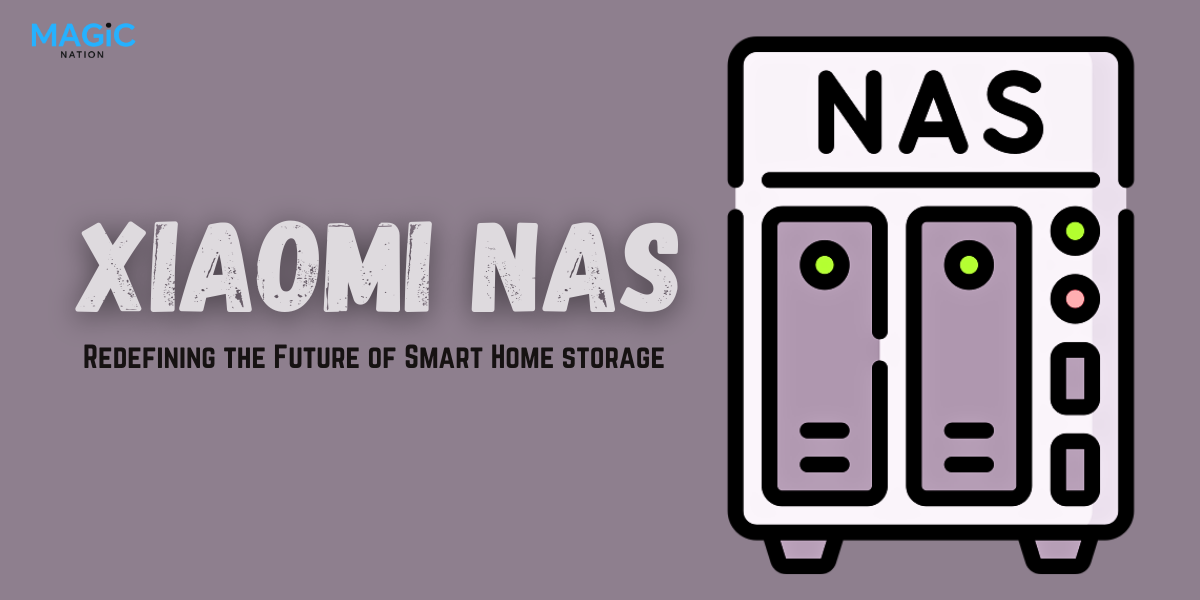
This all started with a conversation between my mom and me. I was new to Social Media on my new mobile phone, and we were discussing buying a new AC. I quickly searched for LG ACs to check out the latest models and any discounts. After finding one I liked, I showed it to my mom.
A few minutes later, my mom mentioned that we might need a new TV as well. I smiled but didn’t search for TVs. However, to my surprise, I started seeing various TV ads almost immediately. Then, just a few minutes later, my mom told me to put my phone down or it may get spoiled. To my astonishment, I began seeing smartphone ads too.
I discovered the benefits of Social Media, but spending too much time on it revealed its darker side. I realised that Social Media can listen to and understand conversations, putting my privacy at risk. In this episode of Tech Roundtable, let’s explore what makes social media both life-transforming and --maybe dangerous.
This post will be different. Instead of debating whether social media is good or bad, we’ll analyze the arguments from both sides. By the end, it’s up to you to decide.
On one hand, some argue that social media is a major contributor to cyberbullying, which can lead to depression and anxiety. On the other hand, proponents believe that social media plays a positive role in building communities and friendships, which can enhance mental well-being and result in more confident individual.Mental Health
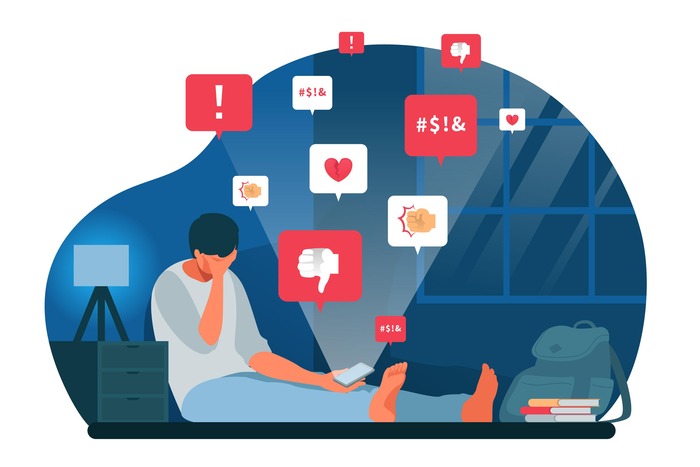
One of the greatest conveniences of social media is its ability to keep us updated on global events almost instantly. As soon as people upload content, it can quickly go viral and start trending, providing users with fast and timely information. This makes social media an incredibly efficient tool for staying informed about what’s happening around the world.Information
On the other hand, critics argue that social media is constantly monitored by governments due to its significant role in spreading misinformation. Some well-known apps have been banned in several countries, while others face heavy penalties for failing to control the spread of false information.
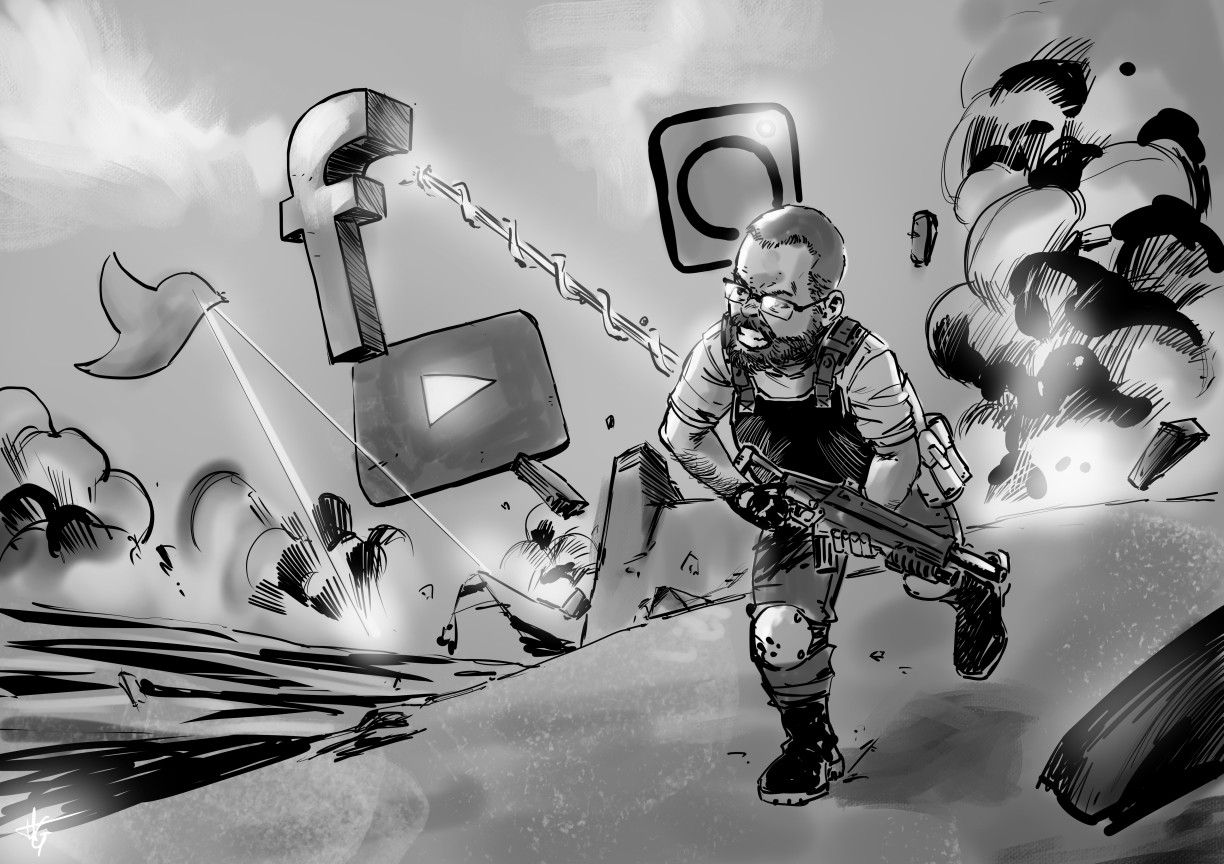
Social media offers a platform for creativity and self-expression, enabling users to share their talents and ideas with a broader audience. This exposure can give talented individuals the recognition they deserve and even provide monetary benefits. However, the algorithms of social media are designed to be highly engaging, which can lead to addiction and excessive use.Creativity and Addiction
Vlogs are a great source of information and entertainment. They can make viewers happy and provide a brief escape from their problems, which is beneficial for mental health. However, some argue that the content in these vlogs may not always be genuine. These creators often present an idealized version of life, which can give viewers false hope and unrealistic expectations.Real Life vs Reel Life

While we have touched on a few aspects of social media, there are many other significant elements that also deserve discussion.
When my friend separated from someone very special to him, he became increasingly sad and, after a month, fell into depression. He frequently cried and spent most of his time watching short videos. I noticed that his device constantly bombarded him with breakup and even self-harm related content, which was detrimental to his mental health and hindered his ability to move on.
Social media algorithms are designed to keep users engaged, often showing them content that aligns with their current emotions. This can lead to addiction, as users are shown more of what they want to see, reinforcing their feelings and causing them to consume even more similar content.

Another important aspect to consider is the Cambridge Analytica case. In this instance, a major social media company sold user data to Cambridge Analytica, which then used this information to display targeted content to users. While this practice seemed harmless at first, it became highly controversial when it was used to influence the American elections, swaying the votes of unsuspecting individuals.
Social media companies possess vast databases containing detailed information about user behavior. They use this data to tailor content and advertisements to individual preferences. For example, if you frequently express dissatisfaction with the roads in your country, you might see an ad from a political party promising to build new infrastructure in your area. Even if this claim isn’t true, the targeted ad can make it seem more believable, potentially influencing your opinions and decisions.
One feature of today’s social media that I dislike the most is short videos. Their quick, engaging nature can be highly addictive, making it difficult to focus on longer tasks or activities. This is particularly concerning for students, as studies require high levels of concentration. If students become impatient and struggle to focus, it could jeopardize the future of our society, as they are the ones who will eventually lead the world.
Additionally, due to their brief nature, short videos often oversimplify complex topics, which can contribute to the spread of misinformation or disinformation.
Despite knowing all of this, why am I still on social media? It’s because Over time, social media has helped me maintain my friendships. I often share content with my friends, and their reactions keep our sense of friendship and fun alive. I frequently use social media for information, but I always try to consider both sides of an issue before drawing any conclusions and perhaps I’m a bit addicted too. However, I’ve found a way to navigate it effectively as mentioned below:
Train Your Social Media Algorithm:
While watching short videos, social media apps often provide an option to indicate that you’re not interested in certain types of content. This helps the algorithm understand your preferences and suggest new types of content. As you continue to watch similar content multiple times, the algorithm learns what you enjoy and will show you more of the same type of content.
Research:
Don’t blindly believe social media creators or advertisements; they may not always be truthful. If a topic is important to you, make sure to do your own research to verify the information.
Moderation is the Key:
Avoid spending too much time on it, especially watching reels. Instead, focus more on reading articles and novels. This can help increase your attention span and patience, which is beneficial for your mental health.
I also accept that being online inevitably impacts my privacy. However, that doesn’t mean I shouldn’t care about it. I try to keep my privacy as secure as possible by only giving apps the permissions they truly need.
This brings us to the end of the article. I hope you found my insights valuable. I would love to hear your conclusions in the comments, so let’s start a discussion on this topic. Share your opinions and let me know if I’ve missed anything important. Goodbye until next time!

